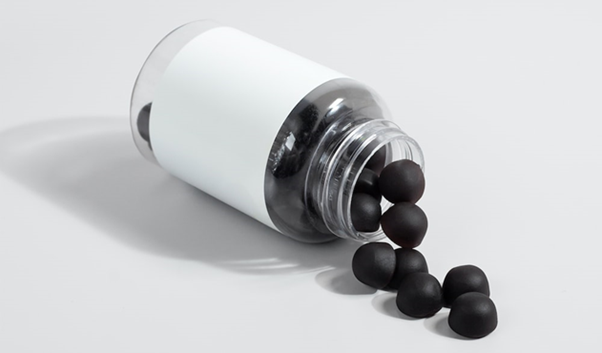Can probiotics cause gas?

Probiotics are live microorganisms with many potential health benefits, including improved digestion and boosting the immune system. However, some people taking probiotics may experience gas as a side effect. In this article, we'll explore whether probiotics can cause gas and what you can do about it.
The Link Between Probiotics and Gas Probiotics can cause gas in some individuals, although it's not a common occurrence. When probiotics are introducing new bacteria into your digestive system it can lead to changes that result in increased levels of gas production. This is often because of the introduction of certain sugars or carbohydrates that your body isn’t accustomed to digesting easily.
Prevention and Treatment of Probiotic-Induced Gas

If you're taking probiotics and experiencing excessive gas, there are a few steps you can take to alleviate this issue:
- Reduce or Stop Probiotic Consumption: Reducing or stopping probiotic consumption may be the best course of action if you find yourself having excess flatulence due to the probiotics. You can also try reducing your dosage and gradually increase it to give your system time to adjust and readjust to its new environment.
- Consider Taking Prebiotics: Your gut microbiome needs both prebiotics and probiotics for optimal health; one cannot exist without the other since they work synergistically together. Therefore, alongside probiotic supplements consider taking prebiotic supplements too; these help create an optimal environment for healthy bacteria growth which can improve digestion and reduce symptoms such as gas.
- Consult with a Healthcare Professional: If your excessive gas persists despite reducing your probiotic intake or stopping it altogether, speak to your healthcare professional about any underlying condition that could be causing the excessive gassiness such as irritable bowel syndrome (IBS). They will be able to provide guidance on how best to manage specific conditions like IBS so they are less likely to cause unwanted symptoms like gas formation.
In conclusion, while consuming surplus amounts of probiotics might lead to an increase in intestinal gases; in most cases this won't happen unless there is an underlying condition present already in the form of IBS or other digestive issues which worsen after taking probiotics supplements. The best way to prevent this is by choosing specific strains like Lactobacillus and Bifidobacterium when looking for supplementation, starting with low dosages until comfortable then slowly increasing it over time. If your gassiness persists consult with a healthcare professional who will advise accordingly on how best to manage any existing conditions which aggravate bloating and other symptoms negatively affected by consuming probiotics. Do research and purchase high-quality supplements from reputable sources for maximum benefit. This is the brand we recommend Vita Miracle, which contains 30 billion CFU'S and 18 Strains of Probiotic.
Frequently Asked Questions



